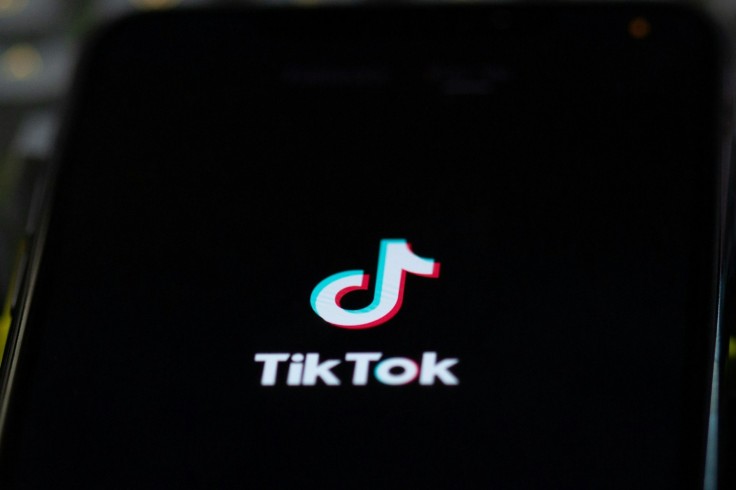
U.S. lawmakers are intensifying pressure on Apple and Google to remove TikTok from their app stores as part of the nationwide ban targeting the Chinese social media platform. The reminder comes amid growing scrutiny over TikTok's refusal to sever ties with its parent company, ByteDance, despite legal and legislative efforts.
The Select Committee on the Chinese Communist Party (CCP), led by Chairman John Moolenaar and Ranking Member Raja Krishnamoorthi, recently issued a letter to Apple CEO Tim Cook and Google CEO Sundar Pichai. The letter reiterated the need for Big Tech to comply with the ban mandated under the Foreign Adversary Act, signed into law in April 2024. Lawmakers emphasized that TikTok's continued presence on app marketplaces violates the act's requirements.
TikTok's Resistance and Legal Battles
TikTok has staunchly resisted the U.S. government's demands to divest ByteDance, arguing that such a move would compromise its operational structure. Instead, the company pursued legal action, invoking the First Amendment to argue for its right to free speech and platform operations. Despite these efforts, the U.S. Circuit Court unanimously ruled against TikTok, leaving the social media giant with no legal recourse to maintain its ByteDance affiliation.
The lawmakers' letter highlighted that TikTok has had ample time—over 233 days—to comply with the law. However, the company has remained defiant, fueling bipartisan concerns over national security risks tied to its Chinese ownership.
Implementation of the TikTok Ban
The nationwide ban, set to take effect in January 2025, prohibits TikTok from operating in the United States unless it cuts ties with ByteDance. Lawmakers argue that the app's continued affiliation with its parent company significantly threatens user data privacy and national security.
The Foreign Adversary Act provides a framework for addressing perceived threats from entities linked to foreign governments. While not explicitly targeting TikTok, the legislation's provisions require compliance by divestiture. TikTok's refusal to comply has placed Apple and Google under heightened scrutiny, as both companies must ensure their platforms align with federal mandates.
Big Tech's Role in Enforcement
As the January deadline approaches, Apple and Google face pressure to act decisively. The lawmakers' letter underscored the legal obligation of these tech giants to remove TikTok from their app stores to uphold the Foreign Adversary Act. Failure to comply could invite further legislative and legal actions against the platforms.
While TikTok has yet to announce plans to appeal the Circuit Court's decision, its future in the United States remains uncertain. The looming ban underscores the escalating tensions between the U.S. government and Chinese-owned tech entities, with TikTok at the center of this geopolitical conflict.









